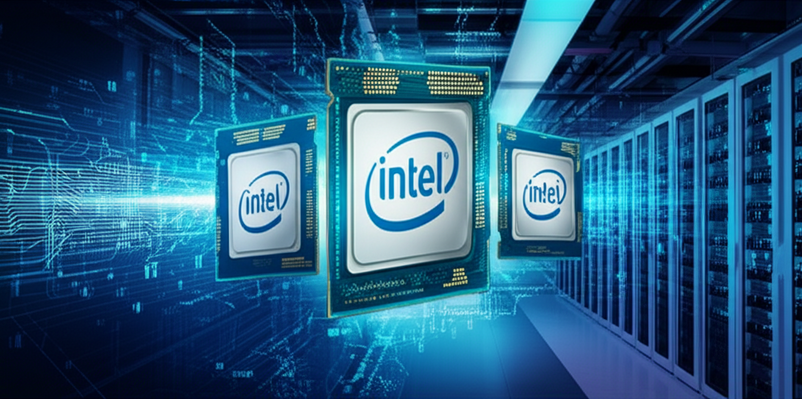Intel Corporation has long been synonymous with innovation in the technology sector. As one of the leading manufacturers of semiconductor chips, Intel’s contributions extend beyond mere hardware production.
The Historical Significance of Intel
Founded in 1968, Intel revolutionized the computing landscape with its introduction of the x86 architecture, which laid the groundwork for modern personal computers. Today, Intel’s microprocessors power a majority of personal computers and data servers globally.
Driving Digital Transformation
In recent years, Intel has played a pivotal role in driving digital transformation across industries. Their innovations have enabled businesses to leverage data analytics, artificial intelligence, and cloud computing, leading to increased efficiency and improved decision-making processes.
As detailed in our post on Emerging Technology Trends with Intel, advancements within their product lines, like the Intel Xeon and Intel Core processors, are tailored for high-performance computing and enhancing data center capabilities.
AI Integration and Future Prospects
Intel’s investments in AI technologies mark another significant step in their evolution. By integrating AI capabilities into their chips, Intel is enabling smarter and faster computing solutions across various sectors, including healthcare, finance, and autonomous vehicles.
Impact on Business Innovation
According to our analysis of Business Insights, Intel’s approach to business innovation is commendable. Their commitment to research and development, as well as collaborations with startups and industry leaders, fosters an ecosystem that nurtures groundbreaking ideas.
Partnerships and Ecosystem Development
Furthermore, Intel’s initiatives like the Intel Partner Alliance nurture a broader technological ecosystem by providing partners with resources and support to innovate jointly. These partnerships enhance their individual capabilities and collectively drive a new wave of digital transformation in the marketplace.
Challenges and Resolutions
While Intel faces challenges such as intensified competition from other semiconductor manufacturers and supply chain disruptions, their strategic shift towards more advanced manufacturing processes and diversified product offerings showcases their resilience and adaptability.
Conclusion: Intel’s Enduring Legacy in Technology
In conclusion, Intel’s ongoing commitment to innovation continues to shape the technological landscape and drive digital transformation. As they explore new frontiers in AI and cloud computing, their legacy as a leader in technological advancement remains steadfast.








